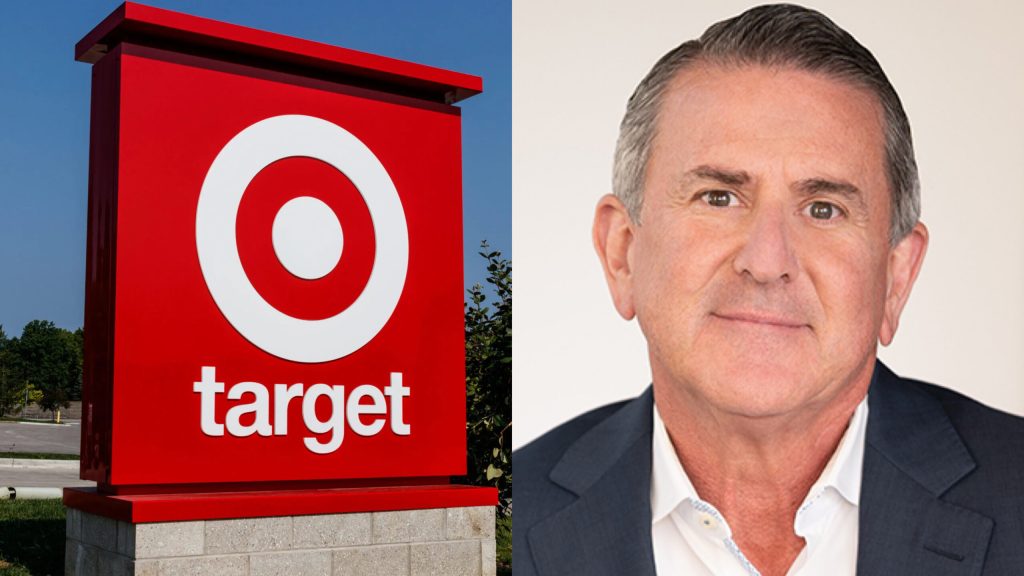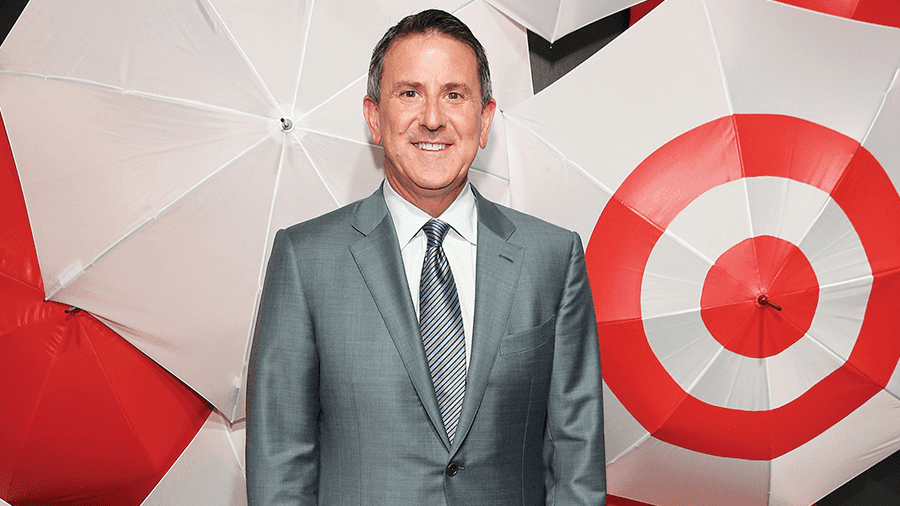TARGET’S CEO STEPS DOWN AFTER 11 YEARS IN CHARGE—SALES SLIDE AND DEI ROLLBACK BLAMED FOR THE EXIT
I have to admit, seeing the news that Brian Cornell is stepping down after 11 years as Target’s CEO hit me harder than I expected. Cornell wasn’t just any executive—he was the architect behind Target’s reinvention. He modernized the stores, built its digital platform, and turned Target into a go-to destination for stylish yet affordable finds. To many of us, he was a leader who understood that feeling at “Tar-zhay” wasn’t just about shopping—it was atmospheric.

But now, his departure comes amid some brutal realities. Target has endured sluggish sales—declines in eight of the last ten quarters, and a staggering 21% drop in net income in the quarter ending August 2. Comparable sales dipped nearly 2% in recent reports. The company’s performance simply hasn’t kept pace with razor-sharp competitors like Walmart, Amazon, and Costco.
Adding to that, Target’s recent retreat from diversity, equity, and inclusion initiatives stirred deep discontent. Customers—especially longtime, liberal-minded ones—felt betrayed. Even founding family members called the rollback a stinging reversal of core values. A boycott followed, with thousands pledging not to shop there.

Given all this, the icing on the cake—but not the redeeming one—was the stock reaction. Analysts weren’t inspired by the internal promotion of COO Michael Fiddelke, a 20-year veteran. The board opted for familiarity over fresh perspective, and investors responded with skepticism—Target shares dropped significantly.
Cornell graciously transitions to executive chair of the board, and Fiddelke steps into the CEO role on February 1, 2026. In a statement, Cornell praised Fiddelke’s leadership qualities—his resolve, passion, and vision—as key to guiding Target forward. But let’s be honest: whether he can pivot the company out of this slump and rebuild trust is the real question.

This leadership change is about more than boardroom strategy—it reflects a crossroads in brand identity, performance, and values. Target fans may be hurt, investors wary, and employees bracing for more upheaval. Yet, in some ways, it’s not the end of a story, but a turning point.


